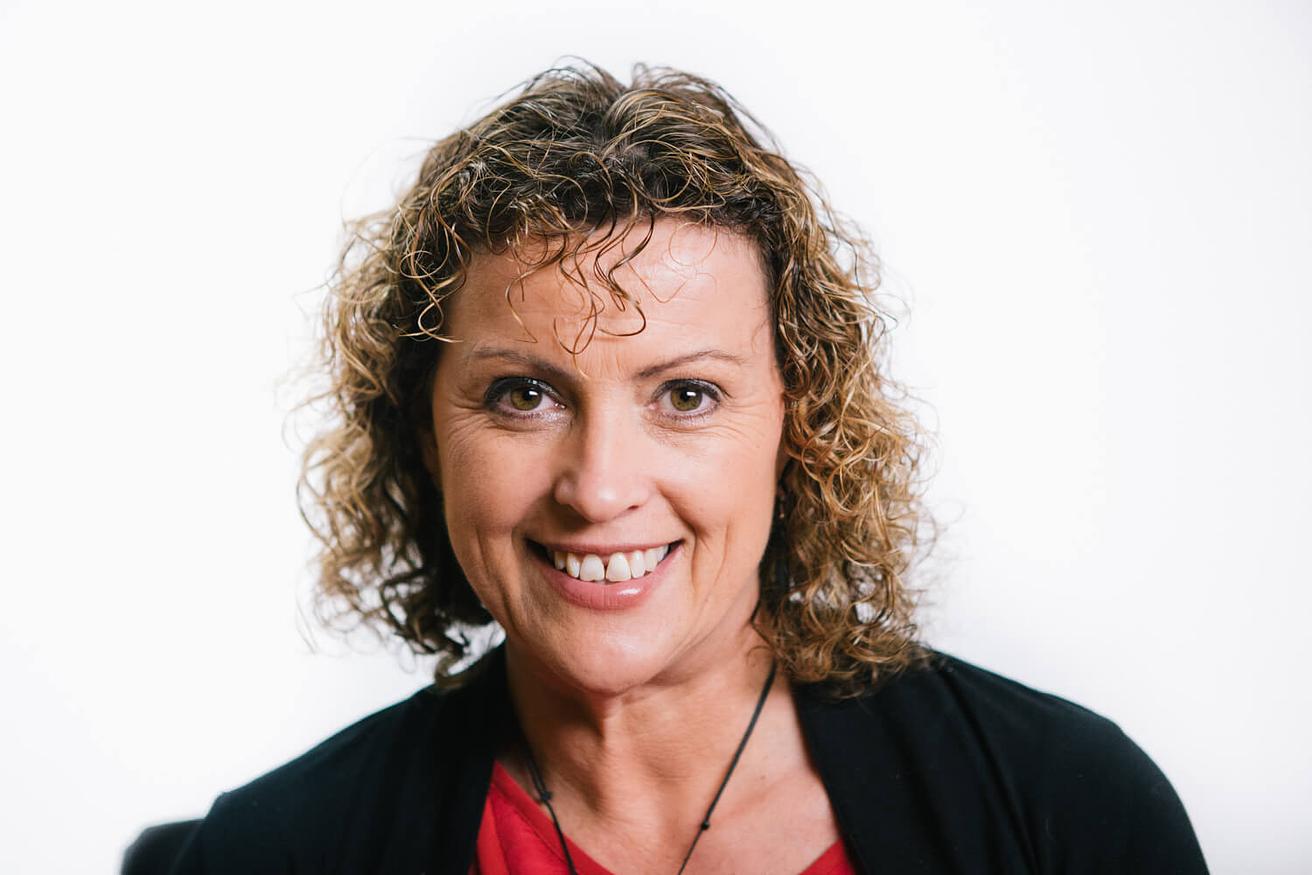Carolyn Stuart
Carolyn Stuart is the Education Sector Lead at Network For Learning.
The government owned company in New Zealand was founded to build a managed network for New Zealand schools and encourage digital learning.
Skills
Do you feel that the current ways we are educating children fully prepares them for the needs of the 21st century?
I don't think it does fully prepare them. The most important thing that I think needs to be addressed is the way we conduct assessment.
Whilst we sit and live in systems where assessment is more reflective of the industrial age than the age in which we live, it’s going to be really challenging to deliver curriculum that fully meets the needs of 21st Century learners.
Teachers
What are the key challenges for teachers?
Right across the world teachers are being held more and more accountable for what happens to students in their class, particularly in terms of achievement.
As digital technology comes on stream and we begin to ask teachers to do things in new ways, what we're actually asking them to do is to stop doing what it is that they have always done, that they know works, and actually try something new and different, which they don't know for certain is going to work. And at the same time we say: 'oh and by the way, we're now going to hold you accountable for what your students do.'
It is incredibly challenging for teachers today because you're actually asking them to teach in new ways and then holding them highly accountable for the results.
Are there any traditional methods of teaching that you feel we should keep?
For me the key for effective teaching and learning has always been about relationships. When I was principal of a school what I found to be pivotal were the relationships between everyone within the school community. Research strongly suggests that quality of learning is directly related to the quality of the relationship between teachers and students.
As we move forward into a time where knowledge will become increasingly innate, education will not be so much about coming to school to learn things, but actually coming to school to learn and understand what to do with what it is that you know. Then that critical relationship between teachers and students becomes even more important.
Environments
What would be the most exciting learning environment?
Clearly one that serves the needs of the learners. When I think back thirty something years to when I first became a teacher, we were really restricted as to how you could run your classroom simply by the physical boundaries. For me now the ideal learning environment is one that is flexible, that allows students to learn in the ways that best work for them. It's not contained to the physical walls of the classroom.
When you think about connectivity and the fact that we can actually bring the outside world into classrooms, students can truly do that anywhere, anytime, anyplace learning. And they actually can learn with anyone at all so long as they can reach them via the internet.
For me a learning environment is one that supports the learning that's going on and doesn't actually restrict it in any way.
What are the benefits or downsides of digital learning environments?
There are lots of benefits of digital learning. Probably the key benefit for me is that it allows students to be fractal. And by that I mean it allows students to be who they are outside the school gates while they are within the school. It so saddens me when students have to act in a different way inside of school gates simply because the school doesn't allow them to bring their technology with them.
As we begin to adopt online learning systems, such as adaptive learning, we can actually extend the effectiveness of the time that students spend learning. In those times when students may not have been as productively employed as they could have been, we now can give them online opportunities where they can carry on with their own learning. This is at times when they're not sitting with the teacher directly, but maybe working or learning on their own at desks or spaces within a classroom.
It's these times that I actually think online environments are going to really increase the amount of learning a child can get through. Increasingly students are able to come home from school and carry on with their learning. That extension of the school day I think is going to be greatly beneficial in terms of student achievement.
There are also some really big downsides to digital learning environments, and they usually occur when they are employed in a thoughtless manner. A lot of the time we don't know exactly what we're doing with digital technology. You do actually have to try some stuff and see whether or not it works. That in itself is really challenging because we live in a time of high accountability and so often it's really difficult to fail fast and fail forward, which is what you need to be able to do if you're going to try out new things.
Another real downside to digital environments is when the tools drive the implementation, not the people behind it. I believe that digital technology implementation in schools should always be driven by the school's strategy, the future focus strategy, and then you can think about what the digital technologies are that can support it - not the other way around, and that doesn't always happen.
I've also been thinking about what has been recently reported in the OECD report around computers, students and learning. One of the things the report says is that schools are way behind the promise of technology. It highlights some of the key things that need to happen in order for us to make the best use of digital learning environments. And they're big things, they're things like increasing the capacity and capabilities of teachers and learners. It's about having great system level policy in order for this to happen within schools, and it's also about equity and showing that no matter what your socioeconomic status is you have equal access to the technology.
Leadership
What do you feel the world could learn from New Zealand's education system?
The thing that I think sets New Zealand's education system apart is that all of our schools are self-managing. When you are self-managing you are able to customise and tailor the culture of your school to truly reflect the community which you are a part of.
What do you feel New Zealand's education system could learn from the rest of the world?
New Zealand as a country has a really strong do-it-yourself culture and a lot of that has come from the fact that we are incredibly remote. This culture pervades every aspect of our society and schools are no different.
One of the things I think that we could learn as a country is that actually we don't have to start from scratch every time we try and solve an educational challenge. We can look to what other countries are doing as well.
I also think that Finland has got it right in terms of the way it values childhood, the way that play and children being allowed to be children is actually so important to what it is that Finland does. I hope that as a system New Zealand will continue to value that as well.
Personal memory
What was your favourite moment in your own education?
I think back to a time when I was in junior high school, I would have been about fourteen years old. In Social Studies we had a teacher who instead of making us read about a court case and then answer questions, actually got us to act it out. I remember I was the defence lawyer, and I just couldn't wait to get to school those days. We won the case too, which was pretty awesome. I don't actually remember what the case was about, but I certainly remember the feeling of empowerment I had as being part of that process.
Then as I reflect on my more formal tertiary education, I will never forget that first moment when I went out to school on section as a teacher and I stood in front of my own class, and I actually was the teacher.
The next 100 years
The next 100 years of Finnish education should… be about adapting and changing to a time when knowledge becomes innate, where education isn't about learning things.
Whether that's imprinted on your DNA or it's downloaded to your neocortex, we are rapidly moving to a time when knowledge will be innate - it will be just stuff that you know. Therefore, education won’t be about imparting information to students, it will actually be about supporting them to use what it is that they innately know. And that just changes everything.
In thinking about what the shape of schooling will be, what the shape of education will be, I think we'll move back to a much greater community based focus where it will be around individuals gathering. Whether face to face or online, gathering around unique commonalities. That learning will be very organic and it will be highly specialised.



